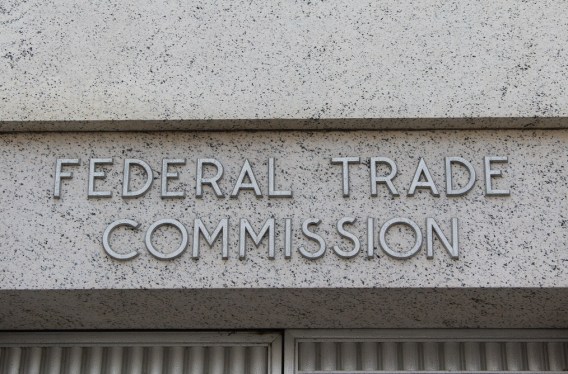The Federal Trade Commission (FTC) has filed a lawsuit against data broker Kochava, alleging that the company is harvesting and selling sensitive location data from mobile devices without users’ consent. The FTC claims that Kochava’s practices are unfair and deceptive, and that the company is profiting from the collection of this data.
Here are some key points about the case:
- Kochava’s business model: Kochava collects location data from mobile apps and sells it to third-party companies for use in targeted advertising.
- FTC allegations: The FTC claims that Kochava is violating Section 5(a) of the FTC Act, which prohibits unfair or deceptive acts or practices in commerce. Specifically, the agency alleges that Kochava:
- Fails to provide adequate notice to consumers about data collection and sharing.
- Does not obtain valid consent from consumers for location data collection and sale.
- Fails to maintain reasonable procedures to prevent data misuse.
- Kochava’s response: The company has released a statement denying the FTC’s allegations and claiming that it operates in compliance with all applicable laws and regulations. Kochava also announced that it is implementing a new feature called "Privacy Block" to block geo-data from sensitive locations.
The case highlights the ongoing debate about data privacy and the use of location data for targeted advertising. The FTC’s lawsuit against Kochava may set a precedent for future regulatory actions related to data collection and sharing practices.

